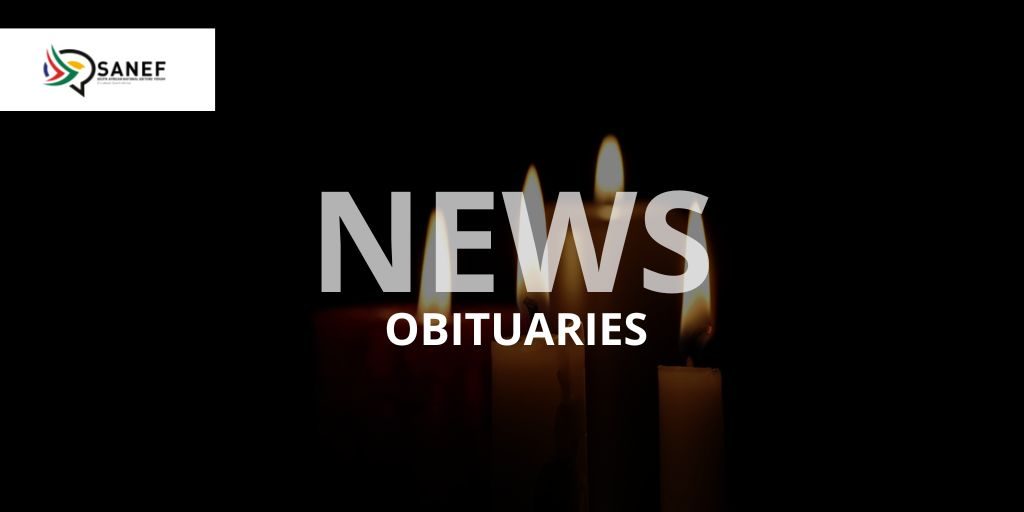SANEF Press Statement – AGM, Nat Nakasa Award Dinner, SANEF-Wrottesley Award
SANEF held its 2011 annual general meeting in Cape Town on Friday, September 16.
The meeting took place against the backdrop of the pending vote in the National Assembly on the Protection of State Information Bill.
SANEF is of the view that the Bill, despite important improvements, remains unsafe for democracy. Its lack of any public interest defence, draconian sentencing regime, broadness of application, and excessive shielding from scrutiny of the intelligence services are of grave concern.
SANEF will continue to oppose the enactment of the bill and will take legal action, if necessary, to ensure that it ultimately complies with Constitutional principles of free speech and open democracy.
Editors also expressed concern about efforts by the National Assembly’s Portfolio Committee on Communications to rush an Indaba on media diversity and transformation that is styled as a prelude to the consideration of statutory press regulation in the form of a Media Appeals Tribunal. SANEF was not invited to the Indaba, and notes that the limited range of stakeholders who were invited were given just days to prepare. “Consultation” of this kind is no consultation at all, and SANEF resolved to write to the Speaker of Parliament protesting the cavalier handling of this crucial matter.
The meeting was addressed by National Police Commissioner General Bheki Cele, who stressed the need for “robust” policing of violent protest action, and referred editors to the way in which British newspapers were “firmly and unapologetically on the side of law and order” during the recent riots in London and other cities. “I must confess that I am still envious of the outpouring of support that the British media directed at the members of the Metropolitan police,” he said.
General Cele declined to add to his previous comments on matters surrounding the report of the Public Protector into the leasing of new police headquarters in Pretoria and Durban. “As inexcusable as these bungles may be, they should be viewed within the context of the regrettable reality that over the years, they had come to be erroneously accepted as correct operating procedure … Steps have been taken to address the institutional weakness that gave rise to these administrative bungles,” he said.
General Cele and his media team discussed with editors operational measures to improve coverage of crime and policing.
The meeting also heard proposals aimed at improving the quality of science coverage in local media.
Cape Argus editor Gasant Abarder was elected deputy chairperson of SANEF.
Mail & Guardian editor Nic Dawes was elected chair of the media freedom subcommittee.
City Press editor Ferial Haffajee was elected chair of the diversity and ethics subcommittee.
The meeting congratulated Sanef stalwart, Raymond Louw, on being named an International Press Institute press freedom hero.
The Sanef-Wrottesley Award – a peer recognition award – was presented to Hopewell Radebe for his extraordinary commitment towards the achievement of the forum’s goals. Radebe is Gauteng Convenor for SANEF and Land and Agriculture Editor at Business Day.
The Nat Nakasa Award, now in its 14th year, aims to acknowledge courage and integrity. It is open to all living journalists, editors, managers and media owners irrespective of the medium they represent.
At the Nat Nakasa Awards Dinner, the judges expressed their agreement that – instead of giving an award – there would be a special mention for the work of photojournalist Anton Hammerl. Hammerl, a South African, enjoyed a distinguished career before he was killed while reporting on the war in Libya.
Socials
Twitter: @SAEditorsForum
Email: [email protected]
Website: SANEF



